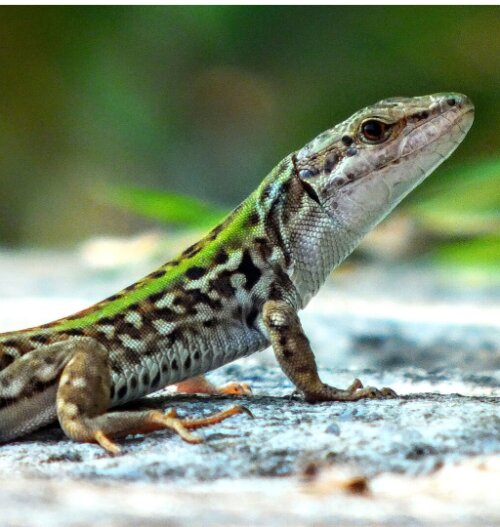Promoter: Raoul Van Damme

Supervision: Lisa Van Linden
Subject: During colonization of an island, populations lose genetic variation due to founder effects and inbreeding, and thereafter through genetic drift. Because of this, island populations often have lower genetic variation compared to mainland populations – they are inbred. Inbreeding can lead to inbreeding depression, the reduced survival, mating, and/or reproduction, or in short, lower fitness of inbred individuals. However, we see that island populations tend to be very successful - this is paradoxical. So, how and why do island populations, despite low genetic diversity, survive, adapt, and thrive? A first possibility might be that low genetic diversity does not affect fitness, because of purging of harmful alleles. Alternatively, the negative fitness consequences of inbreeding may be bearable because of the relaxed environment on islands. However, evidence that either of these mechanisms is at work in wild populations remains scarce. In order to unravel this “island paradox”, the relationships between genomic diversity, whole-animal performance, and selection gradients need to be documented and compared between island and mainland populations.
In this master project, you will compare three fitness components between mainland and island populations of the Italian wall lizard (Podarcis siculus), to see if the island populations are experiencing inbreeding depression. To reach this goal, you will collect performance data (endurance, disease resistance, sperm quality) of lizards during a fieldwork expedition in April-May 2024 (FELASA certificate is required).